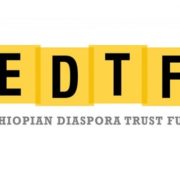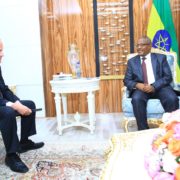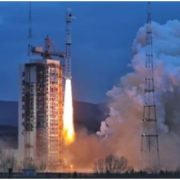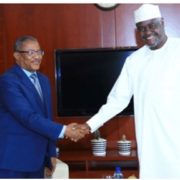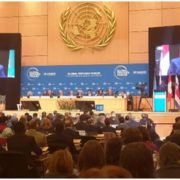Diaspora Trust Fund Raises over 5.4 Million USD (January 6, 2020)
Ethiopian Diaspora Trust Fund (EDTF) disclosed that it has collected over 5.4 million USD from 25, 670 donors in 93 countries last year.
The donation of EDTF is aimed to support selected projects to collectively assist the disadvantaged sisters and brothers in Ethiopia by reducing poverty in the country, according to the press release..
Health, education, water supply, job creation, improving the livelihood of disabilities, and rehabilitating internally displaced peoples are among the priorities of the selected projects of the trust fund, it was learned.
Globally, Ethiopian Diaspora Trust Fund has formed 46 chapters.
Ethiopian Diaspora Trust Fund, which was launched in August 2018 with the appointment of the EDTF Advisory Council, is a signature initiative of Prime Minister Abiy Ahmed.

